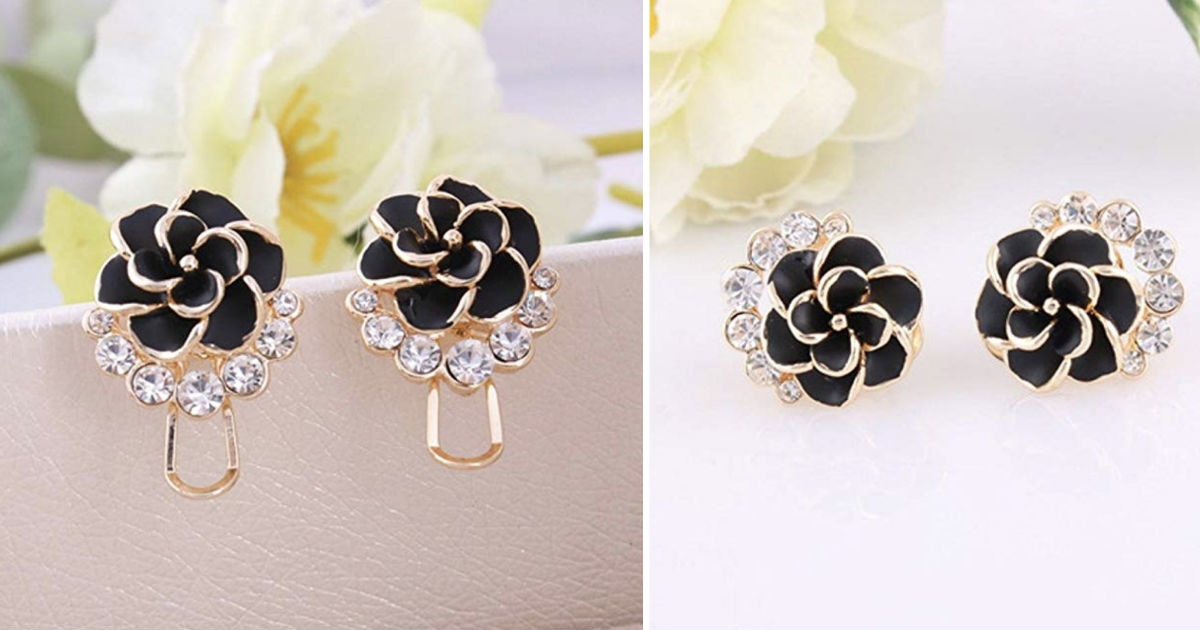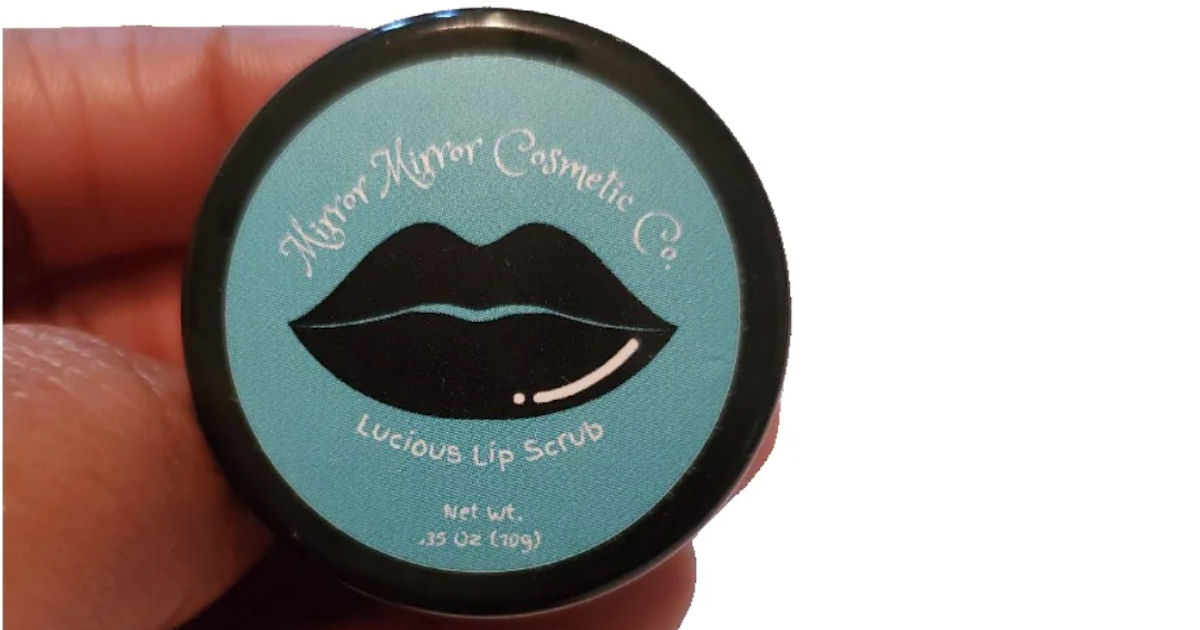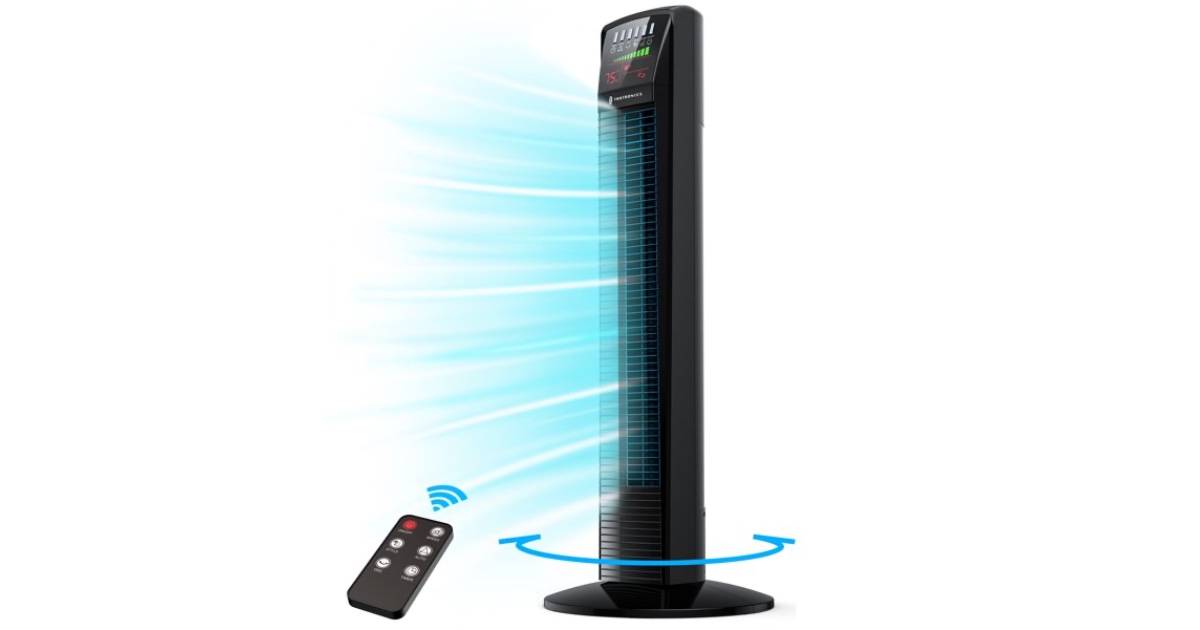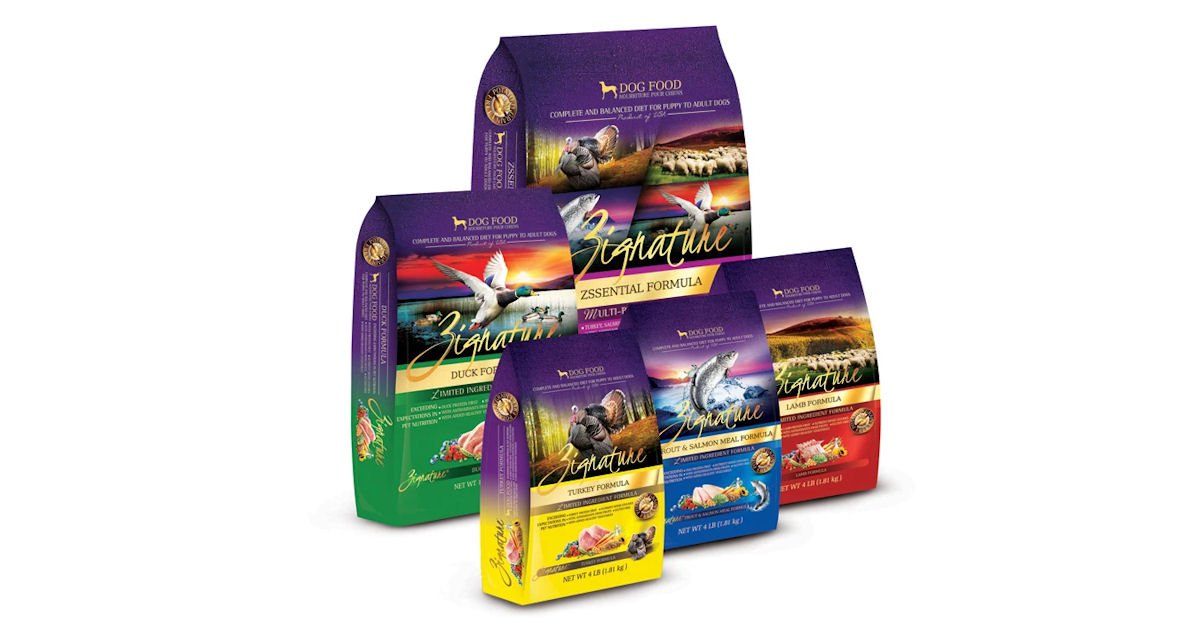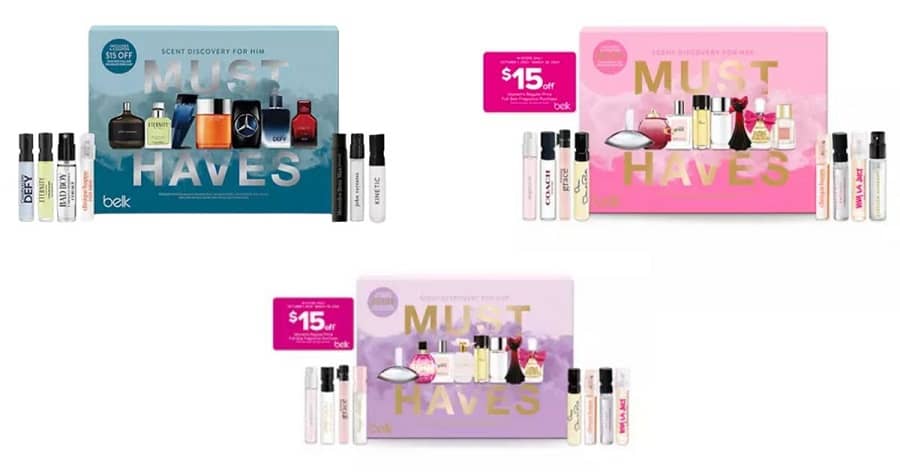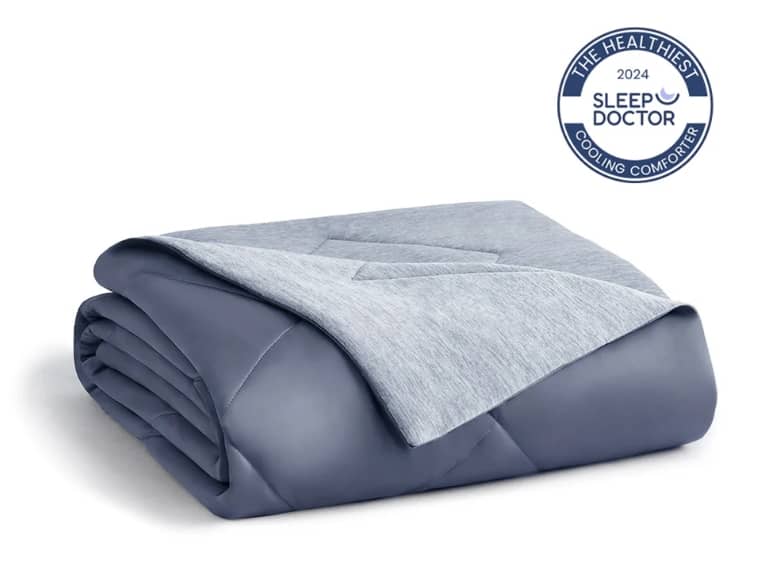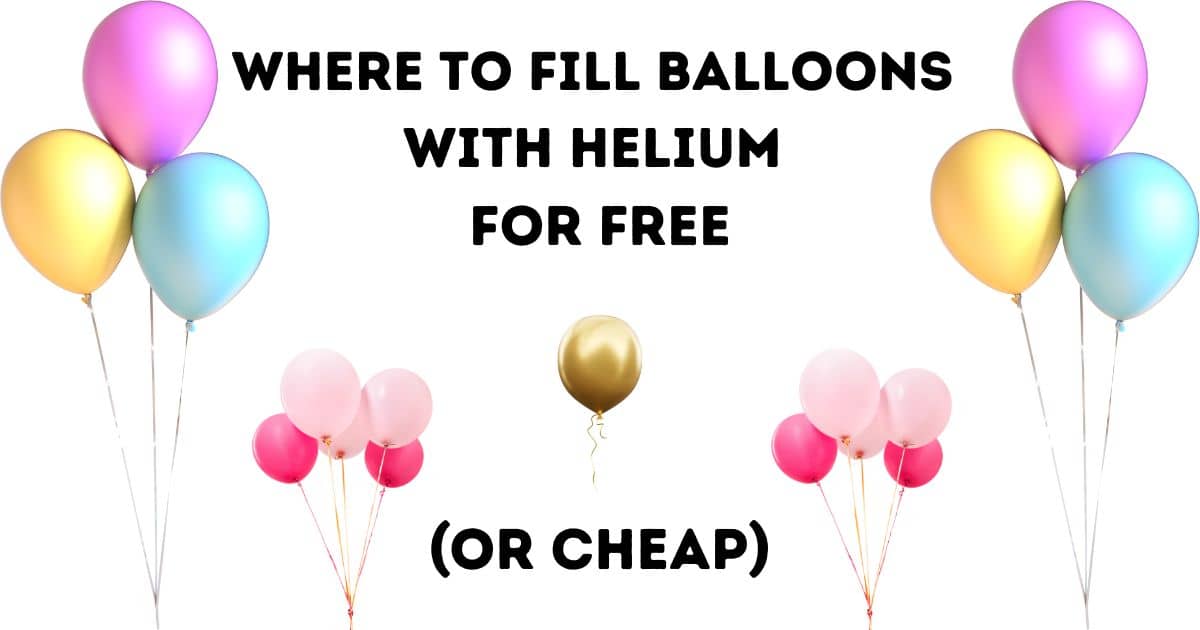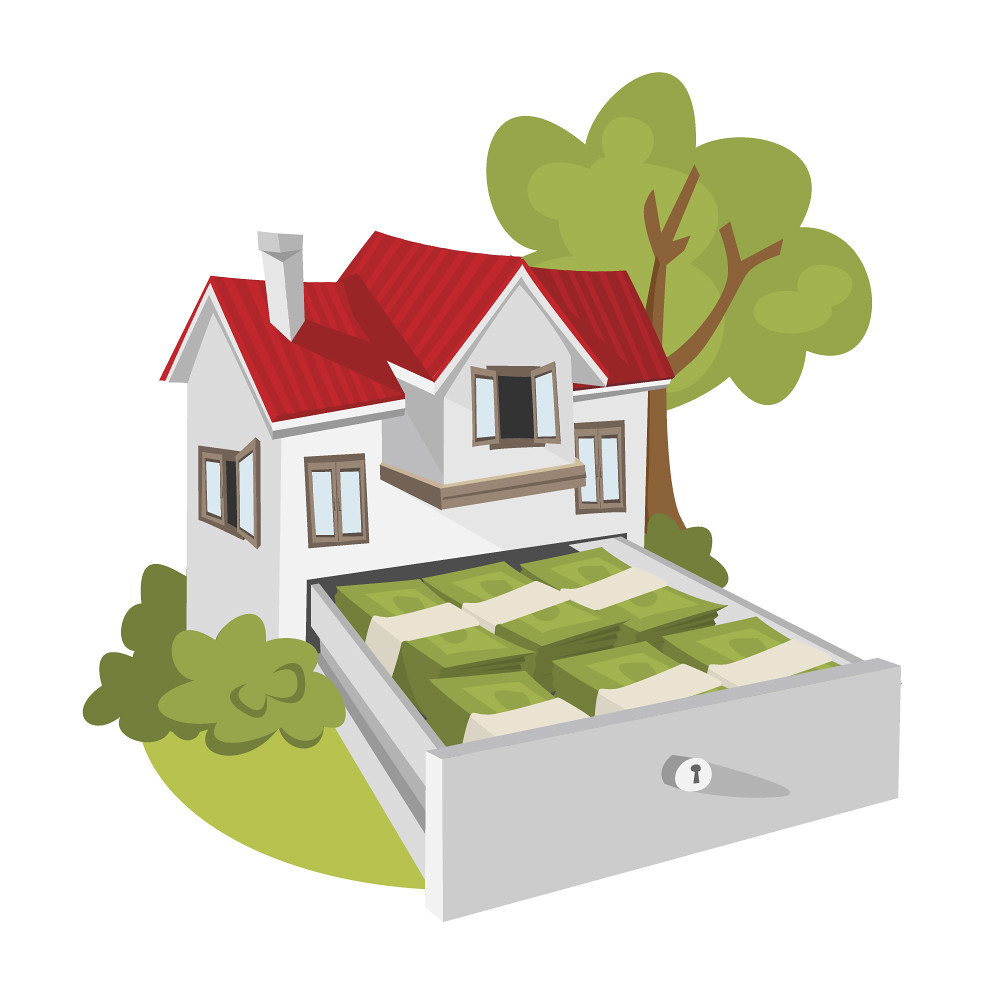 People talk about going green all the time, but actually making the switch to green living at home can take quite a bit of effort. Thankfully, the end result is that you save a bunch of money! We’re going to look at some of the best ways to save money by going green around the home. We’re also going to look at some cheaper ways of going green - because sometimes the solutions aren’t that cheap in the short-term!
Get strategic with your heating
You should think about your home in terms of zones. You don’t need to heat up (or cool down) all the rooms in your house at once. When you switch on the heating or cooling, focus on the rooms you’re actually going to be using at the time. Making sure every room is the perfect temperature for whenever you feel like entering them is just going to waste you a lot of money. If you don’t have the tech to select rooms for heating, you can simply turn off the radiators in each room manually when you turn on the heating.
People talk about going green all the time, but actually making the switch to green living at home can take quite a bit of effort. Thankfully, the end result is that you save a bunch of money! We’re going to look at some of the best ways to save money by going green around the home. We’re also going to look at some cheaper ways of going green - because sometimes the solutions aren’t that cheap in the short-term!
Get strategic with your heating
You should think about your home in terms of zones. You don’t need to heat up (or cool down) all the rooms in your house at once. When you switch on the heating or cooling, focus on the rooms you’re actually going to be using at the time. Making sure every room is the perfect temperature for whenever you feel like entering them is just going to waste you a lot of money. If you don’t have the tech to select rooms for heating, you can simply turn off the radiators in each room manually when you turn on the heating.
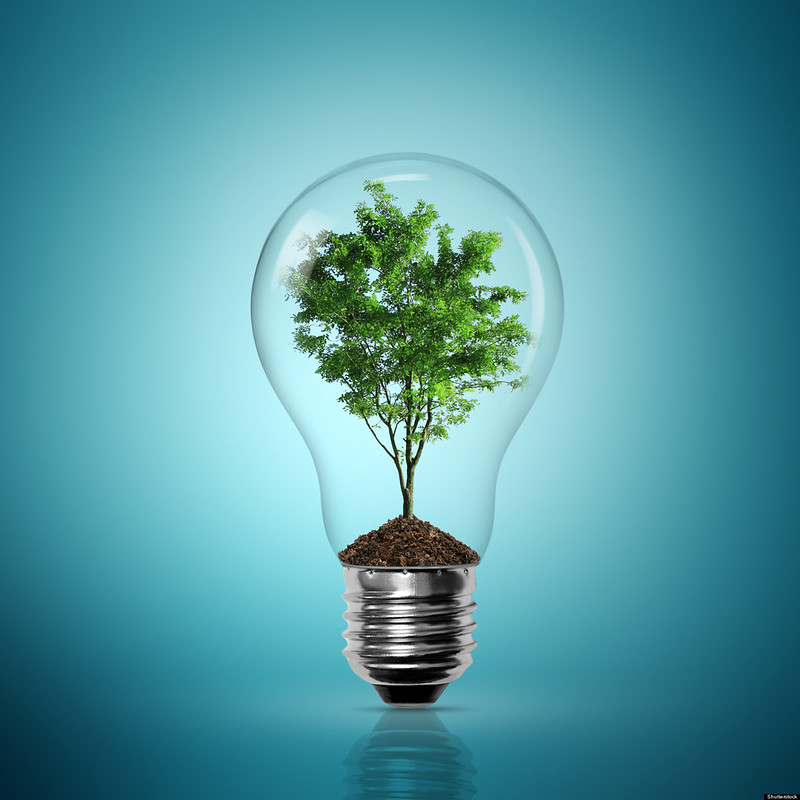 Replace your light bulbs
Yes, you’ve probably heard this before. But maybe you tried it a few years ago, found that the energy efficient bulbs didn’t really give you a comfortable level of light, and went back to your regular ones. But those energy efficient bulbs have improved a lot of the last few years, and the difference they make to your electricity bill over the course of a year is nothing to be sniffed at.
Replace your light bulbs
Yes, you’ve probably heard this before. But maybe you tried it a few years ago, found that the energy efficient bulbs didn’t really give you a comfortable level of light, and went back to your regular ones. But those energy efficient bulbs have improved a lot of the last few years, and the difference they make to your electricity bill over the course of a year is nothing to be sniffed at.
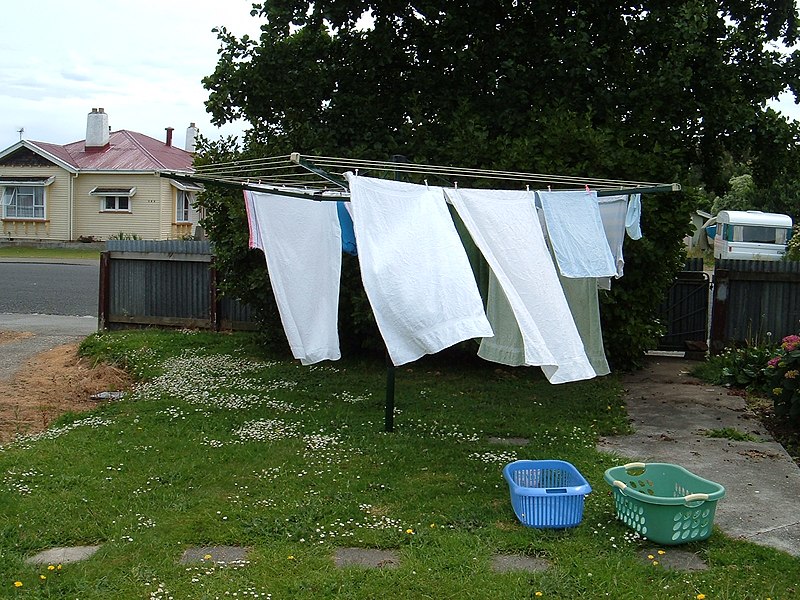 Stop using the dryer
The dryer, when in use, eats up more energy than pretty much anything else you can use in your house. But there are some pretty good arguments for using them: after all, a lot of people don’t have a safe outside space in which they can dry clothes, and leaving wet clothes to dry indoors is a great way to get your home infested with mold from all the excess moisture! You should consider getting a heated clothes airer. Use it near a window to get a good mix of breeze and heat that dries clothes efficiently (and prevents your home from heating up too much during spring and summer!)
Stop using the dryer
The dryer, when in use, eats up more energy than pretty much anything else you can use in your house. But there are some pretty good arguments for using them: after all, a lot of people don’t have a safe outside space in which they can dry clothes, and leaving wet clothes to dry indoors is a great way to get your home infested with mold from all the excess moisture! You should consider getting a heated clothes airer. Use it near a window to get a good mix of breeze and heat that dries clothes efficiently (and prevents your home from heating up too much during spring and summer!)
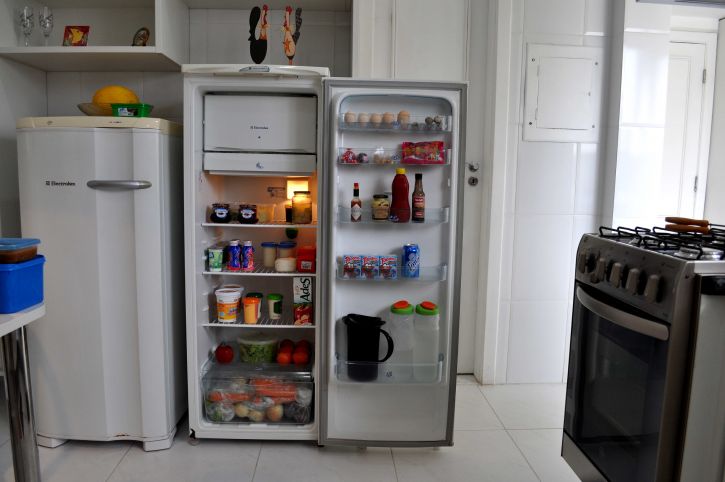 Keep the fridge full
Sometimes, it’s good to know a bit of physics around the home. The laws of heat and mass transfer are a good one to remember in many environmental issues around the home. In fact, it even dictates how much you should keep in your fridge. When you open the fridge, you send warm air rushing into it. When the close the fridge, it boosts its energy use in order to cool the air back down. You shouldn’t underestimate how much energy this process uses, nor how much energy your fridge uses in general! When you keep your fridge well-stocked, there’s less air space - which means there’s less room for the warm air to come and affect the cool air. If you cram it too much, then cool air can’t circulate efficiently - so keep it busy, but not crammed!
Buy eco products in bulk
Eco products are great for the environment, and some can even help you save a lot of money. But many of them turn out to be more expensive than their less green alternatives. For example, environmentally friendly cleaning materials are often more expensive then the really cheap but effective stuff that everyone else uses. The fact is that those items aren’t only bad for the environment, but also for your health. It’s safer to use things like organic cleaning products, beauty products, clothing, etc. If you really want to go green, then you can save a lot of money in the long run by buying organic supplies in bulk. This allows you to acquire greener products in a way that’s much kinder to your wallet!
Keep the fridge full
Sometimes, it’s good to know a bit of physics around the home. The laws of heat and mass transfer are a good one to remember in many environmental issues around the home. In fact, it even dictates how much you should keep in your fridge. When you open the fridge, you send warm air rushing into it. When the close the fridge, it boosts its energy use in order to cool the air back down. You shouldn’t underestimate how much energy this process uses, nor how much energy your fridge uses in general! When you keep your fridge well-stocked, there’s less air space - which means there’s less room for the warm air to come and affect the cool air. If you cram it too much, then cool air can’t circulate efficiently - so keep it busy, but not crammed!
Buy eco products in bulk
Eco products are great for the environment, and some can even help you save a lot of money. But many of them turn out to be more expensive than their less green alternatives. For example, environmentally friendly cleaning materials are often more expensive then the really cheap but effective stuff that everyone else uses. The fact is that those items aren’t only bad for the environment, but also for your health. It’s safer to use things like organic cleaning products, beauty products, clothing, etc. If you really want to go green, then you can save a lot of money in the long run by buying organic supplies in bulk. This allows you to acquire greener products in a way that’s much kinder to your wallet!
 Replace electrical entertainment with exercise
When we need to unwind, there can be fewer things more satisfying and effective than sitting in front of the television, catching up on some binge-worthy shows or checking out a movie. Right? Actually, exercise can be a much more effective way to beat stress and relax - and it’s also much cheaper, too!
Replace electrical entertainment with exercise
When we need to unwind, there can be fewer things more satisfying and effective than sitting in front of the television, catching up on some binge-worthy shows or checking out a movie. Right? Actually, exercise can be a much more effective way to beat stress and relax - and it’s also much cheaper, too!
 Get a flask
Did everyone forget that the Thermos exists? A lot of us drink coffee or tea on a regular basis, which generally means that we boil the kettle several times a day. But think about it: why do that when we can boil the kettle once, keep the hot water in a thermos, and then use that water as and when you need it throughout the day? While the upfront cost of a really good thermal flask may not seem worth it at first, you might be surprised at how much your kettle costs you to run in the long term. Of course, if you’re the only one in the house drinking hot beverages and you only have one or two a day, then you’re probably fine as you are. But for a family of coffee fiends, a flask may save quite a lot over time!
“Off”, not “standby”!
This is easily one of the most frequently-violated rules of green living. Most people seem to put appliances such as their televisions, PCs, and game consoles on standby instead of switching them off. The amount of energy this consumes should not be underestimated. A tip for moms whose kids have newer gaming consoles such as the PlayStation 4 or the Xbox One: while the older consoles would switch off when instructed, these two actually remain in a state of permanent standby unless you switch them off at the mains!
Get a flask
Did everyone forget that the Thermos exists? A lot of us drink coffee or tea on a regular basis, which generally means that we boil the kettle several times a day. But think about it: why do that when we can boil the kettle once, keep the hot water in a thermos, and then use that water as and when you need it throughout the day? While the upfront cost of a really good thermal flask may not seem worth it at first, you might be surprised at how much your kettle costs you to run in the long term. Of course, if you’re the only one in the house drinking hot beverages and you only have one or two a day, then you’re probably fine as you are. But for a family of coffee fiends, a flask may save quite a lot over time!
“Off”, not “standby”!
This is easily one of the most frequently-violated rules of green living. Most people seem to put appliances such as their televisions, PCs, and game consoles on standby instead of switching them off. The amount of energy this consumes should not be underestimated. A tip for moms whose kids have newer gaming consoles such as the PlayStation 4 or the Xbox One: while the older consoles would switch off when instructed, these two actually remain in a state of permanent standby unless you switch them off at the mains!
 It is worth noting that a lot of people actually overestimate the power use of leaving things on standby. That is, they switch off their televisions and computers when not in use and think that they’re doing enough in their home based on that. But there are a lot of bigger energy problems to concern yourselves with at home - something this article has hopefully made clear. When you go green, you save money - so do whatever you can to reduce energy use.
It is worth noting that a lot of people actually overestimate the power use of leaving things on standby. That is, they switch off their televisions and computers when not in use and think that they’re doing enough in their home based on that. But there are a lot of bigger energy problems to concern yourselves with at home - something this article has hopefully made clear. When you go green, you save money - so do whatever you can to reduce energy use. 


 Here you will find all the best coupon advice, tips and how to make the most of all your coupons!
Here you will find all the best coupon advice, tips and how to make the most of all your coupons! Are you looking for ways to stretch your dollar?
Are you looking for ways to stretch your dollar? 
















